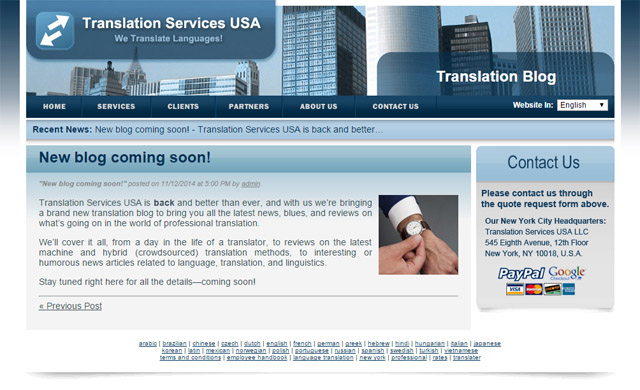Navigating the Legal System: Legal Document Translation
Converting legal documents is a specialized self-control within the larger field of paper translation. In addition to proficiency of both the resource as well as target languages, lawful record translation requires innovative understanding of legal terms and a knowledge with the lawful system of the country where the translation will certainly be submitted.

Understanding the target nation’s legal system is an usually neglected yet essential element of lawful record translation, especially if the documents in question connect to complex lawsuits. Each country’s lawful system consists of culturally-dependent concepts that are reflected in the legal language consisted of in contracts, agreements, etc. In particular, lawful papers that are converted for court must utilize the specific legal terminology employed in that country. It is not nearly enough to maintain the meaning and also intent of the source paper–– a lawful file translation that depends on terms that mean roughly the same thing but are not the conventional terms utilized because nation might place the celebration that produced it at an unique negative aspect.
While a legislation degree is not essential, it is important that the legal translator has actually examined and is extensively aware of the laws and also legal establishments in both the source as well as target countries, in addition to the etymological problems that show up when converting principles and terms from one lawful system to one more. For important legal files, one must not compromise on selecting lawful translators with at least 5 years of legal file translation experience.
Since premium quality lawful record translation requires considerable expertise of the target country’s lawful system, it’s best to pick in-country translators or a translation firm (like Translation Cloud) that counts on translators found in the target nation to prepare the translation.
Likewise bear in mind that if the papers entail complex subject or modern technology, the lawful translator should have comprehensive expertise of the technical field concerned. This is particularly real for license litigation as well as IP lawsuits in general.




